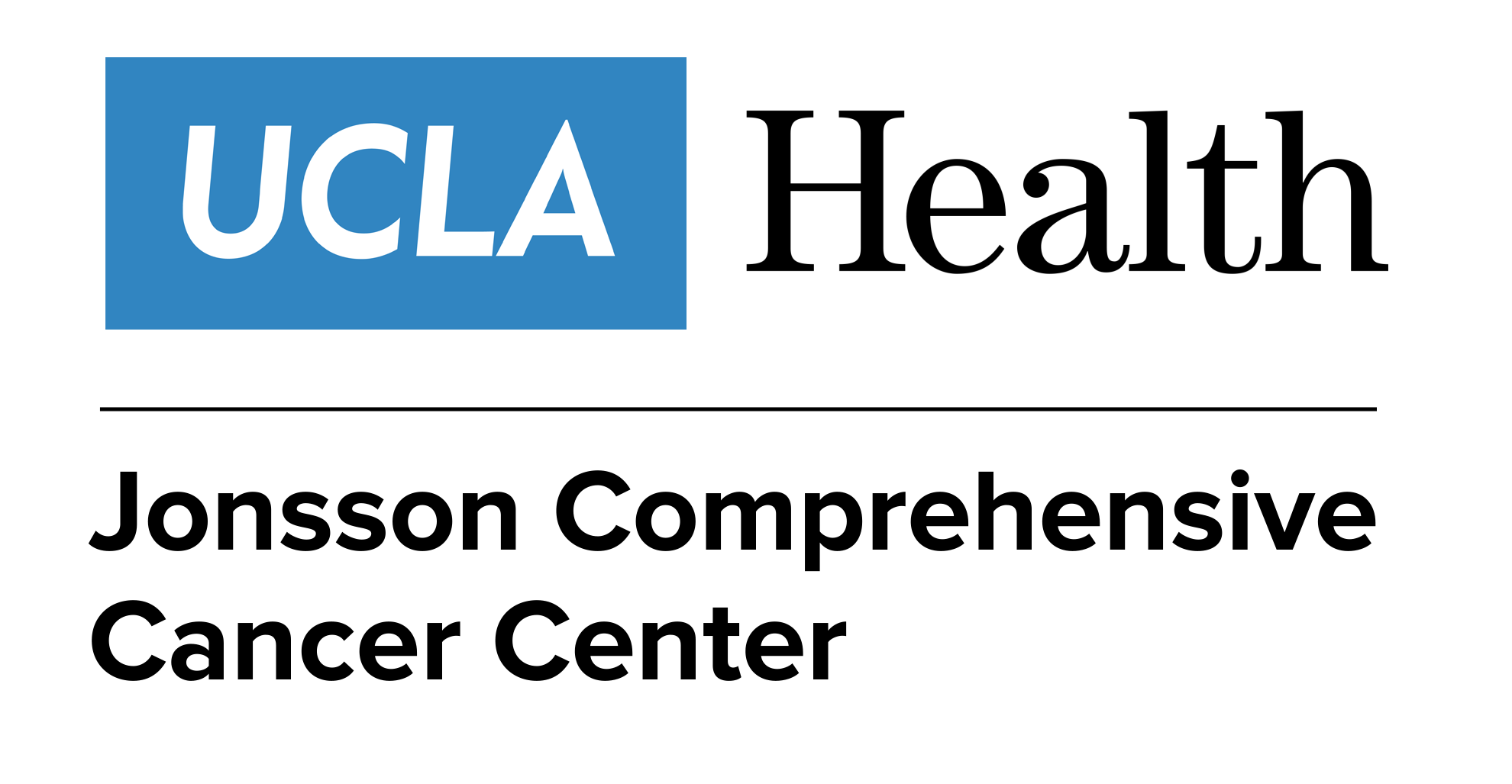- Advertise
- About OncLive
- Editorial Board
- MJH Life Sciences brands
- Contact Us
- Privacy
- Terms & Conditions
- Do Not Sell My Information
2 Clarke Drive
Suite 100
Cranbury, NJ 08512
© 2025 MJH Life Sciences™ and OncLive - Clinical Oncology News, Cancer Expert Insights. All rights reserved.
Dr. Finn Discusses Palbociclib for Patients With Advanced Breast Cancer
Richard Finn, MD, Division of Hematology/Oncology at the Jonsson Comprehensive Cancer Center, University of California, Los Angeles, discusses findings from a phase II PALOMA-1/TRIO-18 study that examined palbociclib in combination with letrozole as a first-line treatment with ER-positive, HER2-negative, advanced breast cancer.
Richard Finn, MD, Division of Hematology/Oncology at the Jonsson Comprehensive Cancer Center, University of California, Los Angeles, discusses findings from a phase II PALOMA-1/TRIO-18 study that led to the FDA approval of palbociclib in combination with letrozole as a first-line treatment for patients with ER-positive, HER2-negative, advanced breast cancer.
Early studies showed that ER-positive, HER2-negative breast cancer models seem to be uniquely sensitive to CDK 4/6 inhibition, Finn notes. Additionally, there was a synergistic inhibition of growth of these models when combined with anti-estrogens.
The global, open-label PALOMA-1 study randomized 165 postmenopausal women with ER-positive, HER2-negative breast cancer to palbociclib with letrozole or letrozole alone. The median progression-free survival (PFS) with palbociclib was 20.2 versus 10.2 months for letrozole alone (HR = 0.49; P = .0004).
In addition to the approval, early results from PALOMA-1 culminated in a breakthrough therapy designation for palbociclib. Following the FDA's decision, palbociclib became the first approved CDK 4/6 inhibitor.
Related Content:





